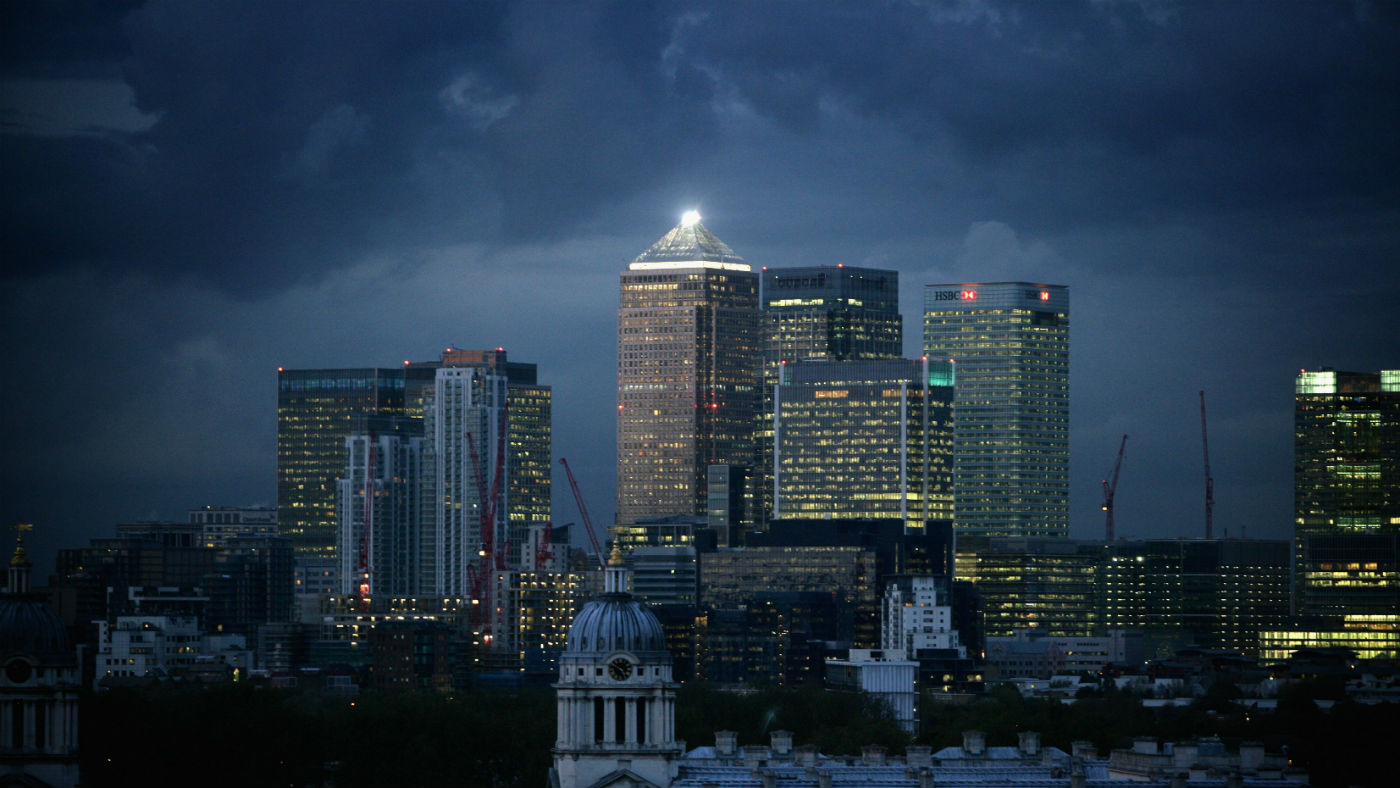UK economy set for worst year since financial crisis
Business group predicts lacklustre consumer spending, business investment and trade war will hit growth

A free daily email with the biggest news stories of the day – and the best features from TheWeek.com
You are now subscribed
Your newsletter sign-up was successful
The British Chambers of Commerce says the country’s economy is on course to record its poorest annual performance since the credit crunch.
UK GDP will grow by just 1.3% in 2018, it forecasts, making it it the “weakest calendar year growth since 2009, when the economy was in the throes of the global financial crisis”.
Blame lies with a lack of clarity around Britain’s future relationship with the EU, interest rate rises, a possible global trade war and rising oil prices, the BCC says.
The Week
Escape your echo chamber. Get the facts behind the news, plus analysis from multiple perspectives.

Sign up for The Week's Free Newsletters
From our morning news briefing to a weekly Good News Newsletter, get the best of The Week delivered directly to your inbox.
From our morning news briefing to a weekly Good News Newsletter, get the best of The Week delivered directly to your inbox.
The news comes as consultancy Oliver Wyman published a report claiming that the cost of Brexit to households could be as high as £1,000 per year.
“The next few years are set to be a testing time for business in the UK,” said Adam Marshall, director general of the BCC.
Last year UK GDP grew by 1.8%, says The Times, “making it one of the slowest growing economies in the G7”, while the first three months of 2018 got the year off to a bad start, with growth of just 0.1%.
“After poor figures on construction and manufacturing and the announcement of major job losses on the high street, fears that the economy has hit a significant weak patch are growing” says BBC economics editor Kamal Ahmed.
A free daily email with the biggest news stories of the day – and the best features from TheWeek.com
How long this weak patch continues “is likely to depend on those EU negotiations and whether a welcome, though small, rise in real incomes starts to feed through to higher levels of consumer confidence and higher levels of spending”, he says.
In a bid to stave off economic stagnation, the BCC urged the government to reduce the uncertainty that firms face domestically, and to take action on skills shortages and poor mobile connectivity, which lower productivity and hold back UK businesses.